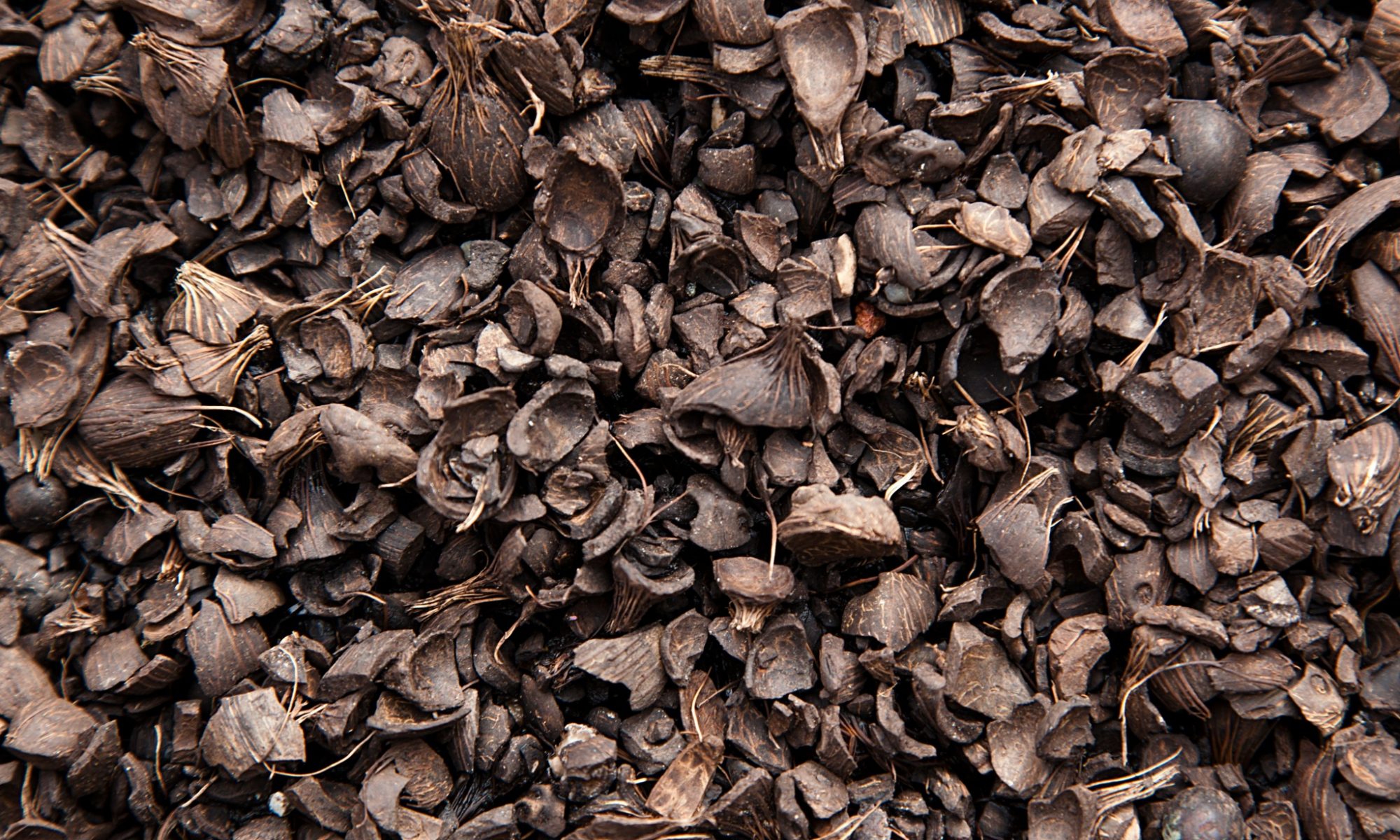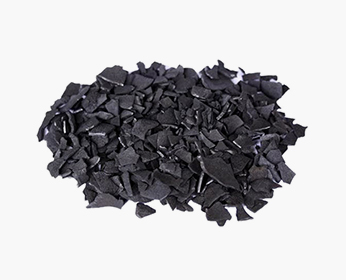Palm kernel shell (PKS) to charcoal conversion presents an intriguing pathway towards achieving carbon neutrality and sustainable resource utilization. In this extensive post, we will delve into the process of transforming palm kernel shells into charcoal by palm kernel shell charcoal making machine, exploring the environmental benefits, carbon neutrality aspects, economic considerations, challenges, and the broader implications for a sustainable future.

Introduction to Palm Kernel Shell and Charcoal Production:
Palm kernel shells are a byproduct of the palm oil extraction process. Traditionally considered as waste, these shells have gained recognition as a valuable biomass resource with the potential for charcoal production. Charcoal, known for its high carbon content and versatility, has become an attractive option in the pursuit of carbon-neutral energy solutions.
Palm Kernel Shell to Charcoal Conversion Process:
Harvesting and Collection:
The first step involves the collection of palm kernel shells from palm oil mills. These shells are typically available in abundance as a result of the palm oil extraction process.
Drying and Size Reduction:
Palm kernel shells contain moisture, which needs to be reduced for efficient pyrolysis by biomass pyrolysis machine. Drying is followed by size reduction to prepare the shells for the pyrolysis process.
Pyrolysis Reactor:
The prepared palm kernel shells are subjected to high temperatures in a pyrolysis reactor. In the absence of oxygen, the shells undergo thermal decomposition, resulting in the production of charcoal, bio-oil, and syngas.
Charcoal Collection and Refining:
The charcoal produced is collected and can undergo further refining processes to enhance its quality. Refining may involve removing impurities and adjusting the charcoal’s characteristics for specific applications.
Bio-Oil and Syngas Utilization:
The bio-oil and syngas obtained during pyrolysis can be utilized as additional energy sources or feedstock for various industrial applications, contributing to a more comprehensive and sustainable utilization of palm kernel shells.
Environmental Benefits and Carbon Neutrality:
Carbon Sequestration:
The process of converting palm kernel shells to charcoal facilitates carbon sequestration. By transforming biomass into a stable form of carbon, the carbon is effectively stored, preventing its release into the atmosphere as carbon dioxide.
Renewable Energy Source:
Charcoal derived from palm kernel shells serves as a renewable energy source. Its combustion produces carbon dioxide, but the carbon released is part of the natural carbon cycle, making it a carbon-neutral energy option.
Waste Reduction and Utilization:
The conversion of palm kernel shells to charcoal provides a sustainable solution to waste management. Rather than being discarded as waste, palm kernel shells are utilized as a valuable resource for energy production.
Biomass Residue Utilization:
Utilizing palm kernel shells for charcoal production avoids the need for incineration or landfilling. By converting biomass residues into useful products, the environmental impact of waste disposal is significantly reduced.
Deforestation Mitigation:
Charcoal derived from palm kernel shells serves as an alternative to traditional charcoal made from wood. This mitigates the demand for wood-based charcoal, reducing pressure on forests and contributing to deforestation mitigation.

Economic Considerations and Community Development:
Job Creation:
The palm kernel shell to charcoal conversion process creates job opportunities at various stages, from collection and processing to refining and distribution. This can have positive economic implications, particularly in regions where palm oil production is a significant industry.
Income Generation:
The production and sale of charcoal derived from palm kernel shells can generate income for local communities. This economic benefit contributes to poverty alleviation and supports sustainable livelihoods.
Value-Added Products:
Charcoal production opens up opportunities for the creation of value-added products. Activated charcoal, for example, can find applications in various industries, diversifying economic opportunities associated with palm kernel shell utilization.
Community Engagement:
Involving local communities in the palm kernel shell to charcoal conversion process fosters community engagement and education. By participating in sustainable practices, communities develop a sense of ownership and environmental stewardship.
Challenges and Considerations:
Technological Challenges:
The conversion of palm kernel shells to charcoal involves complex pyrolysis technology. Addressing technological challenges, optimizing processes, and ensuring cost-effectiveness are ongoing considerations.
Quality and Consistency:
Achieving consistent charcoal quality from palm kernel shells can be challenging due to variations in feedstock characteristics. Ensuring uniform drying and size reduction processes is crucial for maintaining product quality.
Environmental and Social Impact Assessment:
The expansion of palm kernel shell to charcoal conversion in biochar maker for sale should be accompanied by thorough environmental and social impact assessments. This ensures that the process is implemented sustainably and does not result in negative consequences for ecosystems and communities.
Market Dynamics:
The market for charcoal products can be influenced by various factors, including consumer preferences, competition from alternative fuels, and regulatory changes. Adapting to market dynamics is essential for the economic viability of palm kernel shell to charcoal conversion.
Global Implications and Future Outlook:
International Collaboration:
The utilization of palm kernel shells for charcoal production has global implications. International collaboration can facilitate knowledge sharing, technology transfer, and the adoption of best practices, especially in regions where palm oil production is prevalent.
Policy Support:
Governments and regulatory bodies play a crucial role in supporting sustainable palm kernel shell utilization. Policy frameworks that incentivize carbon-neutral practices, waste reduction, and renewable energy production can drive widespread adoption.
Integration with Sustainable Practices:
Integrating palm kernel shell to charcoal conversion into broader sustainable practices is essential. This includes aligning the process with responsible palm oil production, biodiversity conservation, and adherence to social and environmental standards.
Research and Innovation:
Ongoing research and innovation are critical for overcoming challenges, improving efficiency, and discovering new applications for palm kernel shell-derived charcoal. Investment in research initiatives can unlock the full potential of this sustainable resource utilization.
Conclusion:
Palm kernel shell to charcoal conversion offers a sustainable and carbon-neutral approach to energy production and waste utilization. By transforming a byproduct of the palm oil industry into a valuable resource, this process contributes to environmental conservation, economic development, and climate change mitigation. As technology advances and awareness grows, the utilization of palm kernel shells for charcoal production stands as a testament to the potential of turning waste into a valuable asset in our quest for a more sustainable and carbon-neutral future. Through responsible practices, innovation, and global collaboration, we can unlock the full potential of palm kernel shell-derived charcoal and make significant strides towards a more resilient and sustainable planet.